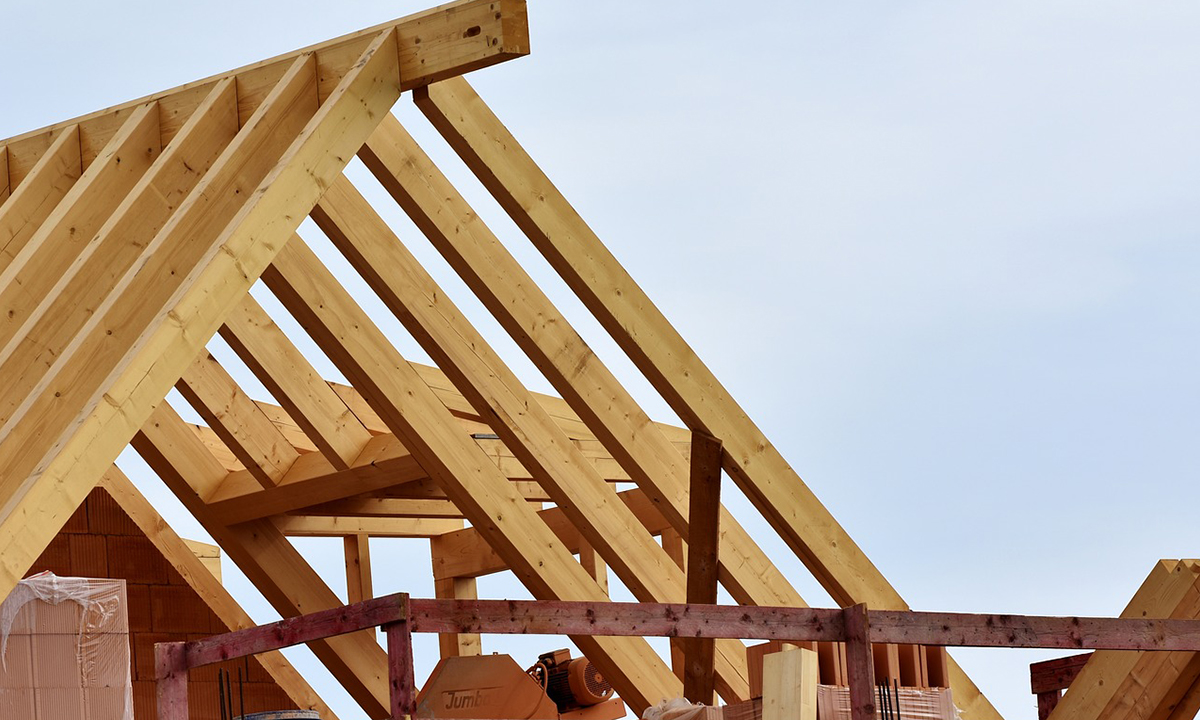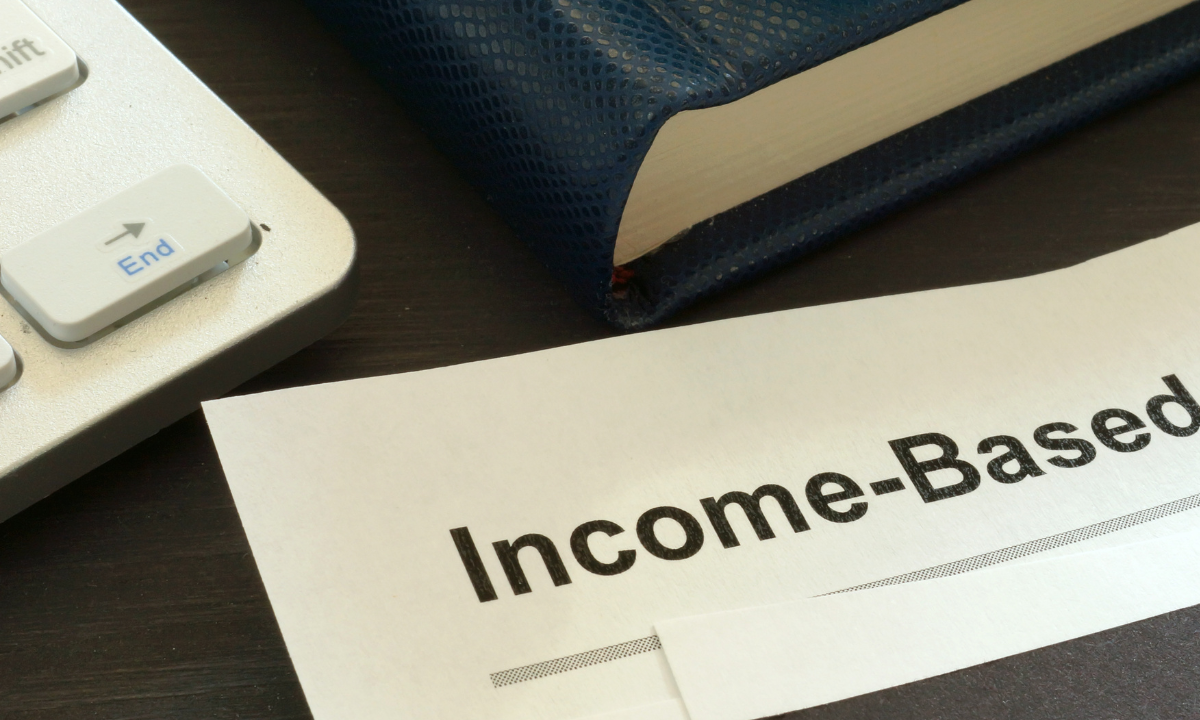Written by Nicholas Vetrisek
While incomes continue to shrink due to the coronavirus pandemic, many people are fearing what they see as inevitable. While a temporary statewide ban on evictions has been put in place, many tenants and landlords believe that it will only delay a major wave of evictions and loan defaults once the ban is lifted.
According to national data provided by the National Multifamily Housing Council, through the first five days of April, 31 percent of renters were unable to pay their rent. During the same period in March, 19 percent had not paid their rent.
In addition to these figures, the San Diego Tenants Union organized a rent strike and asked tenants to provide proof of lost income due to the coronavirus while requesting others to stand in solidarity with them in any way they can.
Rafael Bautista, the organizer of the strike, hopes to pressure leaders to take more measures to protect renters. “We can’t trust the system to take care of things,” he said. “They created a moratorium that’s weak at the city level, at the county level, at the state level, and tenants need more protection.”
The strike has more than 100 participants now and many more are expected to follow. Norm Miller, a real estate finance professor at the University of San Diego, stated that the consequences of this strike will be devastating to San Diego. He said that if tenants who’re able to pay their rent but refuse to, like the strikers want, “they’re going to take a number of properties down, and that would be terribly unfortunate and unfair to the landlord side.”
This is a major issue that could bring down the entire San Diego housing market, and the City’s response will play a huge role in how things develop from here.




